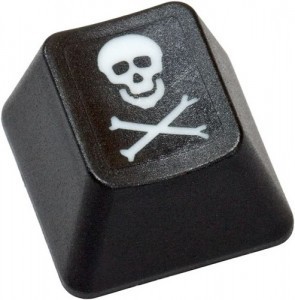Once again Talk Like a Pirate Day, meaning that it’s time to send you over to the The Mudd’s witty homepage— more than a laugh a minute.
The Big question on everyone’s mind today seems to be what impact will Talk Like a Pirate Day have on the President’s Convocation Speech?
 It’s Talk Like a Pirate Day, and here’s my annual plug to visit
It’s Talk Like a Pirate Day, and here’s my annual plug to visit 